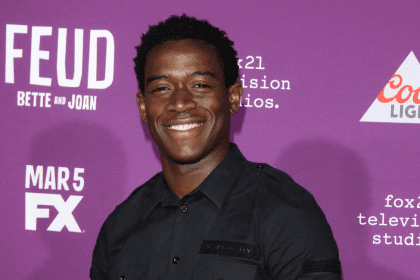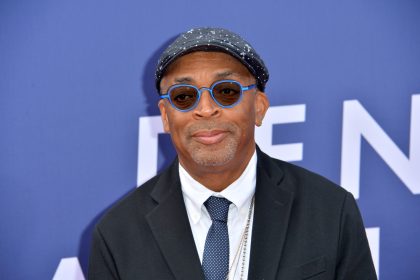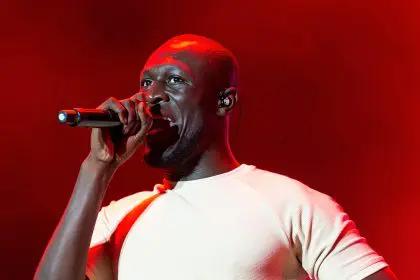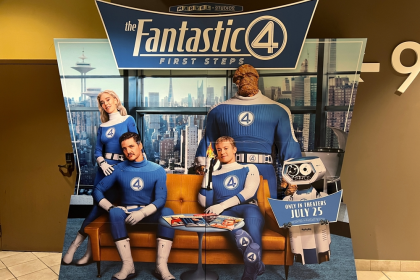Dominique Draper, a film student at the University of Southern California, is working on his latest project, Finding Afeni, a film about the life of political activist Afeni Shakur, mother of iconic rapper Tupac Shakur. With 12 years of experience as a videographer in his hometown of Houston, Draper is now calling on the public to help bring his vision to the screen.
In a recent interview with rolling out, Draper shared how crucial community support is in making the film a reality.
Why does this story need to be told?
We think about stories like Harriet Tubman; why does that need to be told? Or the Black Panthers. Any movie we’ve seen regarding any Black Panther Party deals with just the men’s side of it only. Prior to my generation — I’m from the 90s — for my parents and grandparents, from my understanding, that generation didn’t have the best representation or the best outlook on the Black Panthers.
From my understanding, 25 percent of men did the work for the party. So I think it’s very important to shed light on the 75 percent of the women who made the movement … because it’s still in operation today and ran by women.
I didn’t know we were going to have presidential candidate Kamala Harris this year, but it just happened to line right up. We need more representation of [Black] women and people of color. These stories will forever be necessary.
How do you identify good shots for your films?
My directing style is a fusion of realism and visual poetry.
With shots, it’s how you feel them, how we see stuff in real life. So, it’s simply how I’m feeling.
When I give people advice, I’m going through a script. The first thing I lay down is what was coming from my head, what’s coming from my eyes, and then I make all my shots. That way, it was coming from the character’s eyes.
Two of the biggest artists of the modern era, Tupac and Kanye West, had parents affiliated with the Black Panther party. Why do you think it was so influential?
The parties were formed after the killing of Martin Luther King, and particularly the killing of Malcolm X.
When you have that figure — especially Malcolm X towards the end of his life — that was beautiful, especially for young people. When you take down our leaders, I think we need representation. That’s what the Black Panther Party was.
Tupac educated me on Black history, but I thank God for his mother, Mutulu Shakur, his stepfather and his family who really embraced him. [Tupac’s godfather], Mr. Jamal Joseph, really embraced him and taught him because had [Tupac] not put that in his music, I would [not] have known about Marcus Garvey, Malcolm X, the Panthers, Matula Shakur or Assata Shakur.
It was very important to have this movement because it carries history on, and it continues to tell history. The Panthers were a certain period of time, but [it] was enough to catch a buzz so Tupac could continue teaching others.
With Tupac, it taught Kendrick Lamar, and now, Kendrick Lamar’s teaching the youth. Coming from music and entertainment, I use the music and entertainment as my medium for education. That’s all it is at the end of the day.
How can people help you bring this film to life?
You can all visit us on our landing page at findingafeni.com.
We’ve already raised more than half of the funds. We need $5,000 more to wrap it up. We’re definitely getting ready to start production here in October and delving into post-production in November. So we’ll be needing the rest of those funds to finish up that post-production.
You can find us on @findingafeni on Instagram and the findingafeni.com website.













